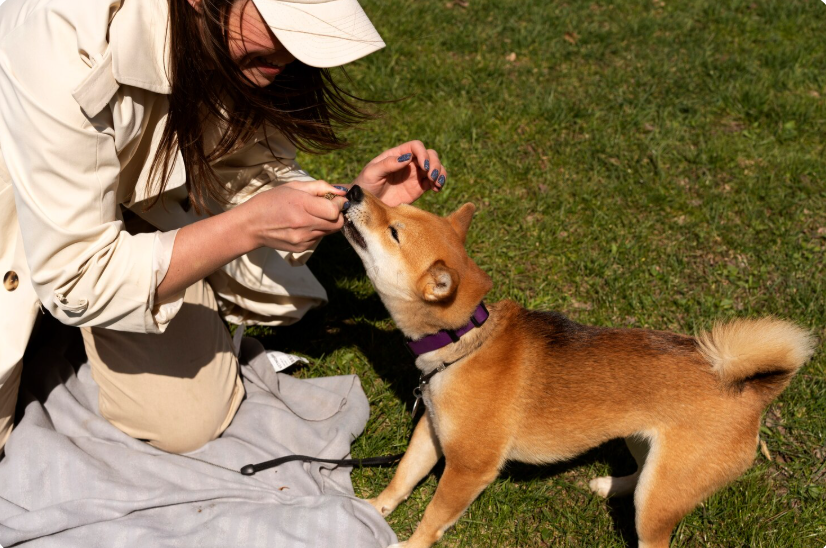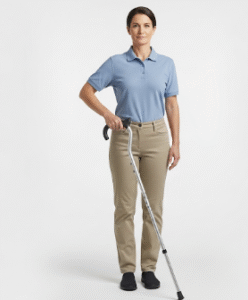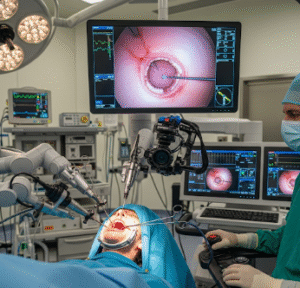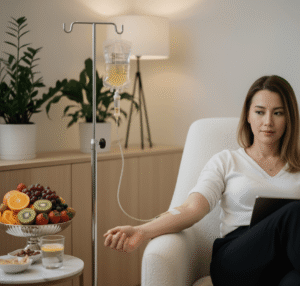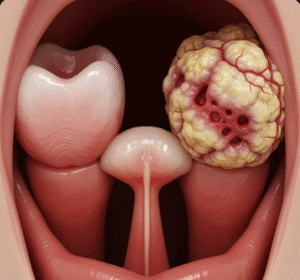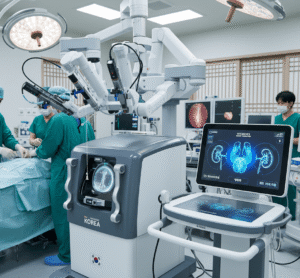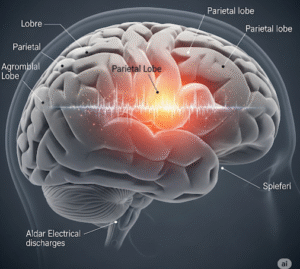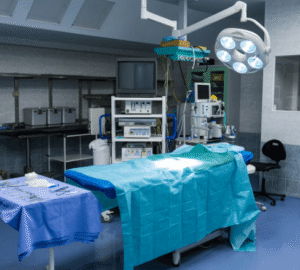Overview
Dog bites are a common type of animal injury that can cause physical trauma and risk of infection, including rabies. In Korea, hospitals and clinics provide wound care, vaccination, and follow-up treatment to prevent complications.
What are Dog Bites?
A dog bite occurs when a dog bites or scratches a person, potentially breaking the skin and causing injury. Dog bites can be minor or severe, depending on the size and behavior of the dog. Immediate medical attention is important to prevent infection and other complications.
Symptoms
- Puncture wounds or lacerations
- Bleeding and swelling
- Pain or tenderness at the site
- Redness and warmth around the wound
- Bruising
- Signs of infection (pus, fever)
Causes
- Provoked or unprovoked dog attacks
- Aggression due to fear, territorial behavior, or poor training
- Lack of supervision of pets
- Stray or unvaccinated dogs
Risk Factors
- Children and elderly people (more vulnerable to injury)
- Working or living around dogs
- Stray or aggressive dog exposure
- Lack of awareness about safe behavior around animals
Complications
- Infection (including tetanus or rabies)
- Scarring or tissue damage
- Nerve or tendon injury in severe bites
- Psychological trauma or fear of animals
- Rare systemic infections if untreated
Prevention
- Avoid provoking dogs and teach children safe behavior
- Keep dogs vaccinated and well-trained
- Use protective gear if handling unfamiliar or aggressive dogs
- Report stray or aggressive dogs to authorities
- Immediate wound care after any dog bite
Treatment Options in Korea
Diagnosis
- Physical examination to assess depth and severity of bite
- Check for tendon, nerve, or bone involvement
- Laboratory tests if infection is suspected
- Rabies exposure assessment
Medical Treatments
- Wound cleaning and disinfection
- Tetanus vaccination if not up to date
- Rabies vaccination if exposure risk exists
- Antibiotics for preventing or treating infection
- Pain management with analgesics
Surgical or Advanced Therapies
- Suturing or surgical repair for deep or severe wounds
- Skin grafts or reconstructive surgery for tissue damage
- Management of nerve or tendon injuries if present
Rehabilitation and Support
- Follow-up care for wound healing
- Physical therapy for functional recovery in severe cases
- Counseling for psychological trauma if needed

